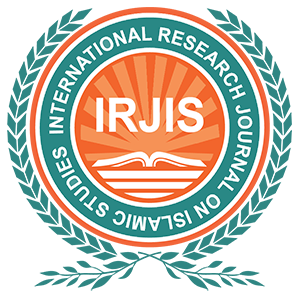ABSTRACT:
The place of practice of Ṣūfī ethics and values (Sulūk) is very important in Islamic mystical order. People related to every khānqah used to visit their spiritual place and hermitage to take guidance and to get their soul purified. In this paper, we want to examine critically the role and impacts of khānqah concerning social improvement. This analytical review finds that the fundamental aims and objectives of Ṣūfī training provide spiritual nourishment to the followers as well as conveying the peaceful message of Islam around the globe. We came to know through this review that self-purification, mutual peaceful living, brotherhood, welfare for the whole humankind, is an integral part of these Ṣūfī institutions. These mystics institutions and khānqā‘ī systems are a source of positive impact upon human living style irrespective of race, color, and religion. The Ṣūfī contribution and impacts have also been admitted by scholars of various religions and critics. Several wrong practices are being exercised nowadays misusing the name of khānqā‘ī system leaving negative impacts. The role of responsible Ṣūfī saints is required to curb and rectify the situation bring back to the objective of khānqah in real sense is to restore the broken link of humanity with Allah Almighty.
Keywords: Sufism, khānqā, Contribution, Impacts, Reformation

